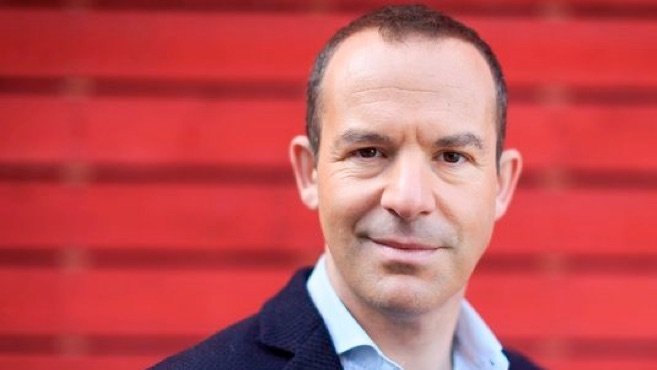
The clip above has been taken from The Martin Lewis Money Show on Thursday 11 February, courtesy of ITV Studios Ltd, all rights reserved. You can turn on subtitles by selecting the keyboard image at the bottom right of the video. You can also watch the full episode on the ITV Hub.
They’ve unknowingly paid out £3,200 in total
On this week’s ITV The Martin Lewis Money Show (which aired on 11 February 2021), a viewer called Denise tweeted Martin to ask for advice after discovering the former owner of her home was still paying for insurance at £200 a year – amounting to £3,200 over the 16 years.
She said: “I’ve discovered that the previous owner of my house is still paying for home insurance on my home 16 years on. I opened the letter by mistake. I’ve phoned the insurer, estate agent and solicitor – but because of data protection they won’t do anything. How can I get this cancelled? It is over £200 every year.”
After hearing Denise’s story, Martin warned that it would be difficult to challenge the payment under data protection rules given she wasn’t the bill payer. But he urged Denise to speak to the insurer again and to ask for reassurance that it would look into the issue and contact the bill payer. Martin highlighted that firms have a duty to treat customers fairly, so now that the insurer is aware of the problem it has an obligation to check it out.
Martin: ‘Check you direct debits, check your standing orders. Are you dripping money away?’
But Denise’s tale also sparked Martin to warn others to check their statements for unexpected payments. He said: “That could be you. You might be watching. There are three types of payments: direct debits, standing orders, and recurring payments.” In brief, Martin explained:
- A direct debit is when you give your bank account sort code to a company to take a regular payment from your account. This also means you’re protected by the direct debit guarantee if a payment goes wrong, for example the payment taken on the wrong date.
- A standing order is an instruction from you to your bank to take a fixed amount out at regular intervals.
- A recurring payment is when you give the long number on your card to a company and it then takes money each month.
Trawl through bank account and credit card statements to look for regular payments going out that you no longer need or use. This could be anything from unused gym memberships and subscription TV services to insurance for items you no longer have. Martin said: “Check you direct debits, check your standing orders. Are you dripping money away?”
There are also services out there that’ll help you audit payments going out of your account. They’re free to use, but you will need to give them access to your bank account(s). See our Do a Direct Debit Audit guide for help with how to check if you’ve got cash leaking from your bank account.
How to cancel unwanted payments
Cancelling a standing order is usually free, and you can do so whenever you want. Do this through your standing orders and direct debits page on your online bank account or by phone. With direct debits, contact your bank or building society through online banking, or by phone.
With recurring payments it’s slightly different, as Martin warned: “You have far less rights with this one. You used to not be able to cancel it without going to the company. You can now, if you want to cancel it, call your bank. If it says it can’t cancel it, it can, and it then owes you money and you can go to the Financial Ombudsman Service.”
Read our Financial Ombudsman guide for full help on complaining for free. And if you don’t want to cancel regular payments, at least try to cut the cost of subscriptions and bills. We’ve got full help in our Do a Direct Debit Audit guide.
